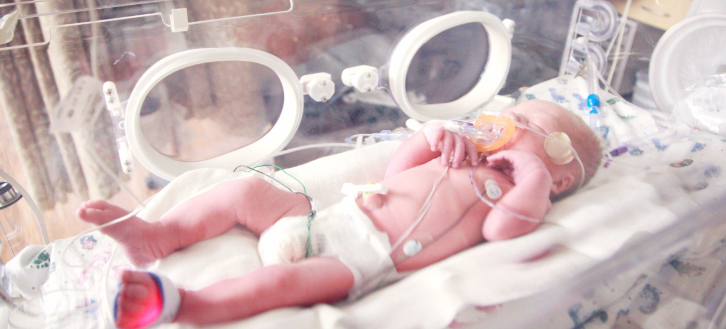Photo Credit: Designer491
Healthcare providers are particularly vulnerable to litigation. Here are some tips to help prepare for the possibility of a medical malpractice lawsuit.
Given the intimate nature of their profession, healthcare workers are particularly vulnerable to legal action. According to an American Medical Association (AMA) analysis, “it is virtually a matter of time” before physicians face a malpractice suit. Almost 50% of physicians older than 54 have been sued; on average, they had a one-to-one claim rate. Although physicians should not assume that being sued for medical malpractice is inevitable, it behooves them to prepare for the possibility.
One key strategy for lawsuit preparedness is having quality malpractice insurance. According to Christopher Ryan, co-chair of Dickinson Wright’s healthcare litigation task, opting for the least costly insurance may leave physicians in a less-than-stellar position. For example, a quality insurance policy will come with tools for risk management. Furthermore, Tom Benvenuto, senior trial attorney at Benvenuto & Slattery, reminds physicians that any insurance plan they choose must have a policy with an admitted carrier in their state.
Consider Patient’s Motivation for Litigation
Physicians should also consider what drives patients to sue in the first place. Poor bedside manner, for example, is a popular motivation for medical malpractice lawsuits. If a patient feels uncomfortable or unheard due to the physician’s behavior, this can certainly lead to a malpractice suit. Ryan notes that, in his experience, just as liking a physician might prevent a patient from suing, not liking a physician might push patients toward wanting to sue. Therefore, showing attentiveness via good communication is essential. Benvenuto finds that patients dealing with physicians who communicate poorly are more likely to take legal action. He also notes that hyper-criticism of patient research and dismissiveness toward patient questions can frequently lead to a malpractice suit. According to New York-based Healthcare Risk Advisors’ Peter Kolbert, senior vice president for claims and litigation management, responsive physicians who care about patients’ concerns face fewer malpractice suits. He offers a solution and suggests physicians employ “closed loop communication,” which involves tactics like having the patient repeat the physician’s treatment instructions to ensure clear communication.
Kolbert also posits that physicians might be best off emphasizing shared decision-making, especially given that informed consent exists due to the limitations in medicine. Physicians should never assume that patients know typical treatment complications or side effects. They must be crystal clear in explaining possible outcomes, even if those outcomes seem obvious.
Insufficient EHR documentation also potentially opens the door to a medical malpractice suit. Ryan notes that he rarely comes across sufficient documentation, including documenting patient nonadherence issues. What’s more, Ryan finds that the cases that patients file often surprise physicians.
As such, they may want to add or change file-note information. However, Benvenuto urges physicians not to do so, even if it’s one small change.
Once a lawsuit has been filed, Kolbert recommends that physicians focus their efforts on meticulously preparing for the deposition or pretrial statement. If a physician gets sued, Benvenuto suggests that their first course of action should be to contact their insurance carrier and demand to converse with an attorney while it is all fresh in their minds. The right attorney will be responsive, so if a lawyer does not respond right away, then the physician should call someone else.





















Create Post
Twitter/X Preview
Logout